Become a Better Performer: 7 Strategic Ways to Prime Your Mind for The Stage
You’re standing in the wings, moments from entering the stage. You’ve done your planks to warm up your core, pliés to feel centered and dynamic stretches to loosen up. But your mind won’t stop racing through all the ways your performance could go wrong.
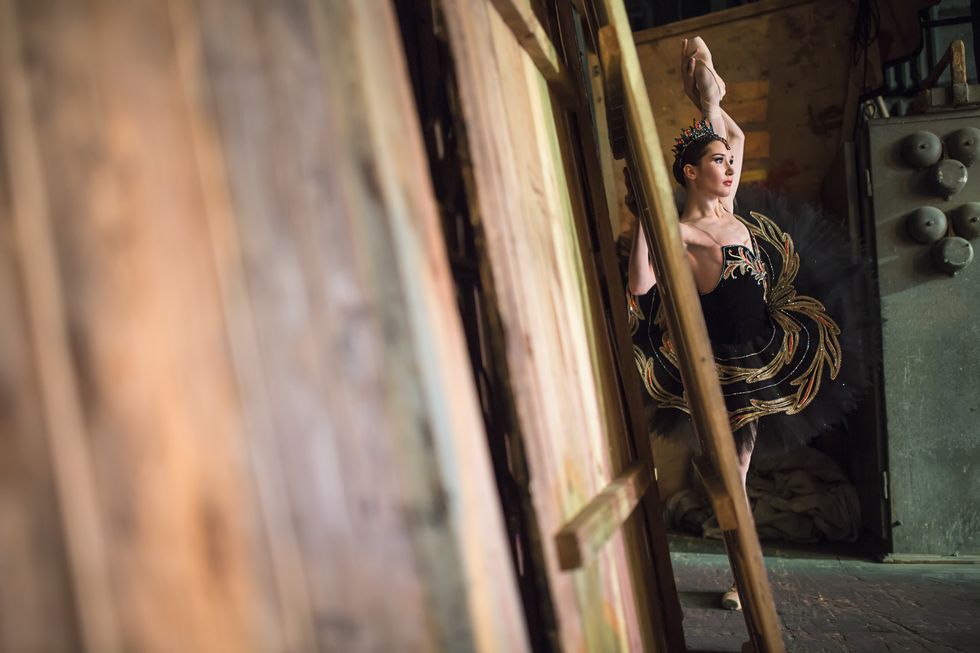
Sport science strategies can get you in the right headspace. Photo by Thinkstock
Ideally, a warm-up should be more than just a physical preparation to dance. Because if you want to unlock your full potential, you need to get in the right headspace. “Your mentality is going to dictate which version of you comes out on any given day,” says performance psychologist Dr. Jonathan Fader, who serves as director of mental conditioning for the New York Giants football team. These top strategies from the sports world can help you reach the state of mind that will serve you best.
Find Your Energy
The vibe you want before stepping onstage is a calm, relaxed confidence, says Olympic running and performance coach Steve Magness, co-author of Peak Performance: Elevate Your Game, Avoid Burnout, and Thrive with the New Science of Success. Figure out what will help you get there. If you’re feeling sluggish, you might need to jump up and down or talk to a friend to amp up your energy, says Fader. Or maybe you need to quietly focus inward and think about how grateful you are for the opportunity in front of you.
“It can be any variety of things that say, ‘This activity I’m about to engage in is something I love,’ ” says sports and performance psychologist Dr. Kate Hays, who works with both athletes and dancers in Toronto. Experiment in rehearsal to find out how different approaches affect you.

Experiment to find what gives you the right vibes. Photo by Thinkstock
Minimize Decisions
Just like our legs grow tired after petit allégro, our minds get fatigued after making too many decisions. Make the hours before curtain as rote as possible. “What you tend to see before major performances are these freak-out moments, like ‘Do I wear this?’ ‘How do I get ready?’ All you’re doing is mentally fatiguing yourself beforehand, and then when it comes time to go on, there’s nothing left,” says Magness.
Develop a pre-performance routine that becomes automatic: For example, you might always put on the same lipstick, then warm up with the same set of exercises, then sip the same sports drink. Having a ritual will relax your mind with the comfort of predictability.
“You can be on the biggest stage of your life,” says Dr. Alan Goldberg, sports performance consultant and author of many books on mental toughness, “but your pre-performance ritual is always the same.”
Magness adds that developing a go-to routine also primes your body by teaching it that after you follow steps X, Y and Z, it’s time to be physically alert and psychologically zoned in.
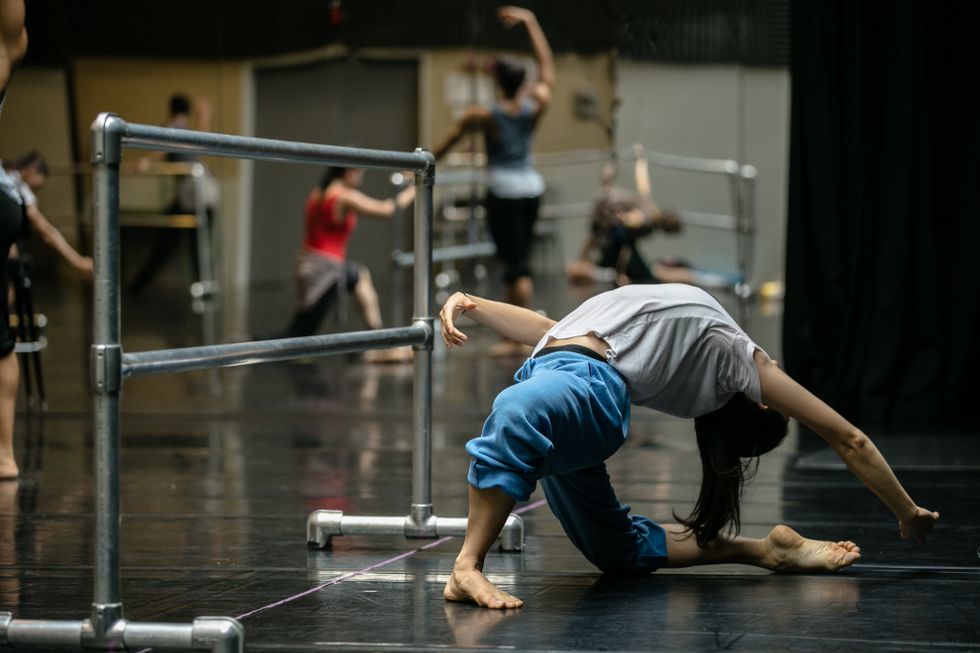
Following a routine will relax your mind and body. Photo by Quinn Wharton
Choose Your Companions Wisely
Surround yourself with people who put you in the right mind-set. “Emotions, nerves, anxiety—all of that is contagious,” says Magness. That might mean needing to tell your overly anxious stage parent you’ll need to wait until after the performance to see them, or walking away from your unmotivated dressing room partner when she starts complaining yet again.
“Think about who is going to give you the vibes you want,” says Magness. Even looking at or hearing nervous dancers could rattle you, warns Goldberg. “Control your environment,” he says. Close your eyes, put on headphones or socialize with more confident colleagues.
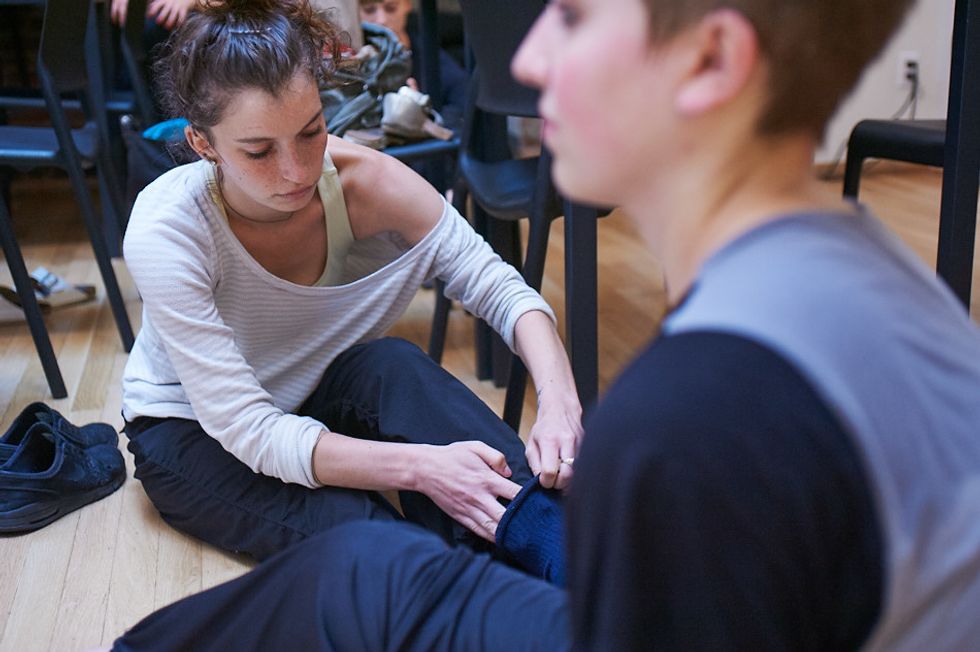
Headphones can help you ignore anxious colleagues. Photo by Jim Lafferty
Don’t Freak Out Over Nerves—Use Them
Over the past couple of years, research has shown that how we perceive stress can actually change our biological response to it. “If you see anxiety as a sign that ‘Hey, this means I’m excited, it means I’m prepping to go to battle,’ you get positive stress hormones that prepare your muscles to work better and your mind to be more clear,” says Magness. But if you see nerves as something negative, the body will send stress hormones that make you even more anxious.
Magness coaches his athletes to look at pre-performance nerves as your body preparing you for what you need to do. “Try to harness it,” he says, pointing out, “The reason that certain people take their game to the next level in performance is because of all the good stress that you can’t get when you’re just at practice.”
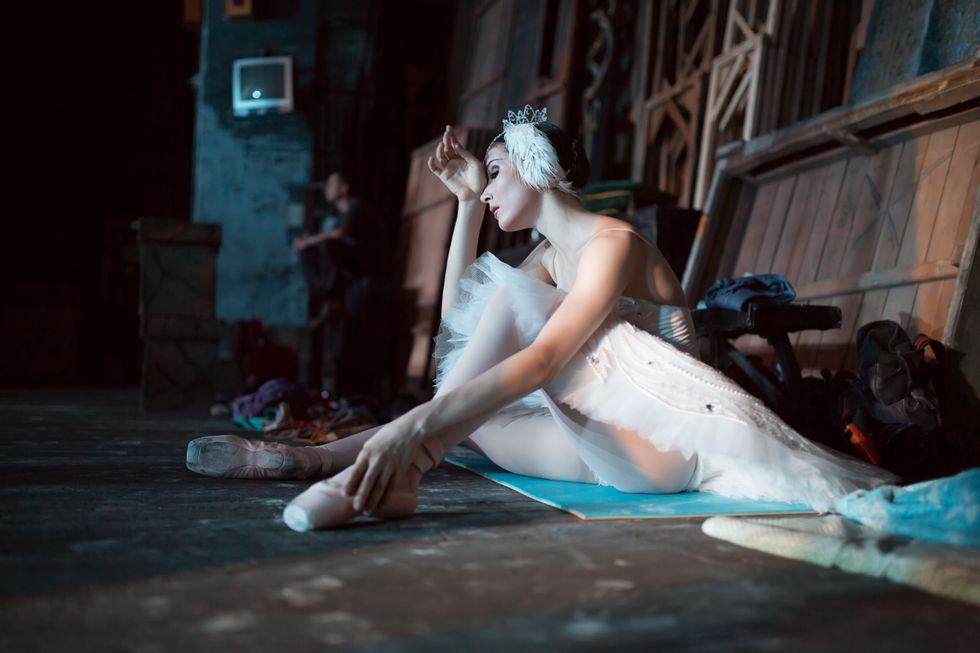
Think of nerves as “good stress.” Photo by Thinkstock
Practice Mental Reps
Backstage, visualize each sequence of your choreography with as much detail as you can. Fader calls these “mental reps,” as in the mental version of repetitions athletes do in workouts.
“If done vividly enough, our brain doesn’t know the difference between a physical rehearsal and a mental rehearsal,” he says. “You are actually connecting neuromotor behaviors, creating a closer bond between what your mind wants and what your body does.” And, he adds, you’re inoculating yourself against stress because once you’re onstage, you’ll feel like you’ve already performed the choreography once that day.
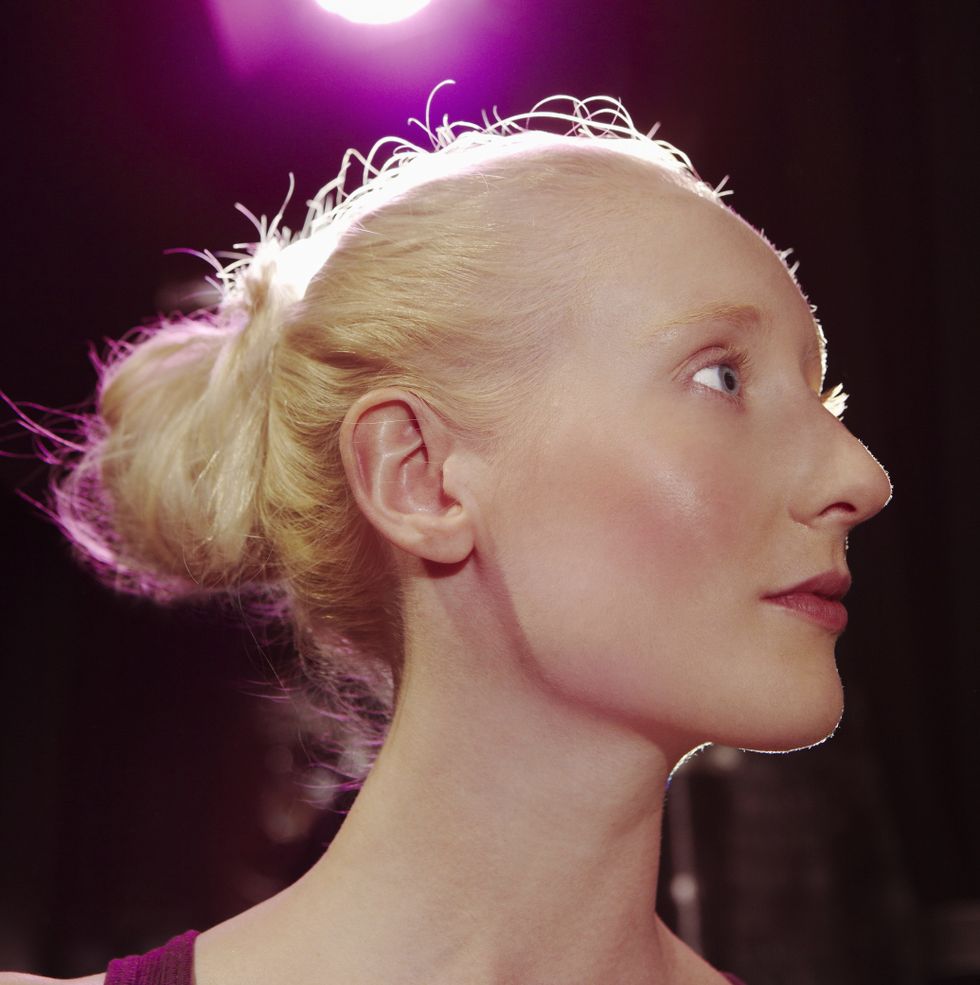
Have you tried mental rehearsals? Photo by Thinkstock
Just Breathe
If your sympathetic nervous system gets so amped up that you start to feel jittery, you can bring your heart rate back down by focusing on your breath, says Fader. There are several different breathing strategies you can use, so find what pattern works for you. It might be breathing in for two counts and out for four, or simply focusing on taking breaths from deep in your diaphragm.

The right breath can calm your nervous system. Photo by StockSnap
Find the Right Goal
Focusing too much on the result of a performance, like a promotion or a great review, can actually sabotage your dancing: You’ll be more likely to force and muscle the choreography, instead of letting the movement come to your body naturally. “You need to be completely absorbed in the moment to perform your best,” says Goldberg. Concentrate on simply enjoying the movement. It can help to find a mantra that centers your mind on the present, like “Here, now,” or “This is what I love.”
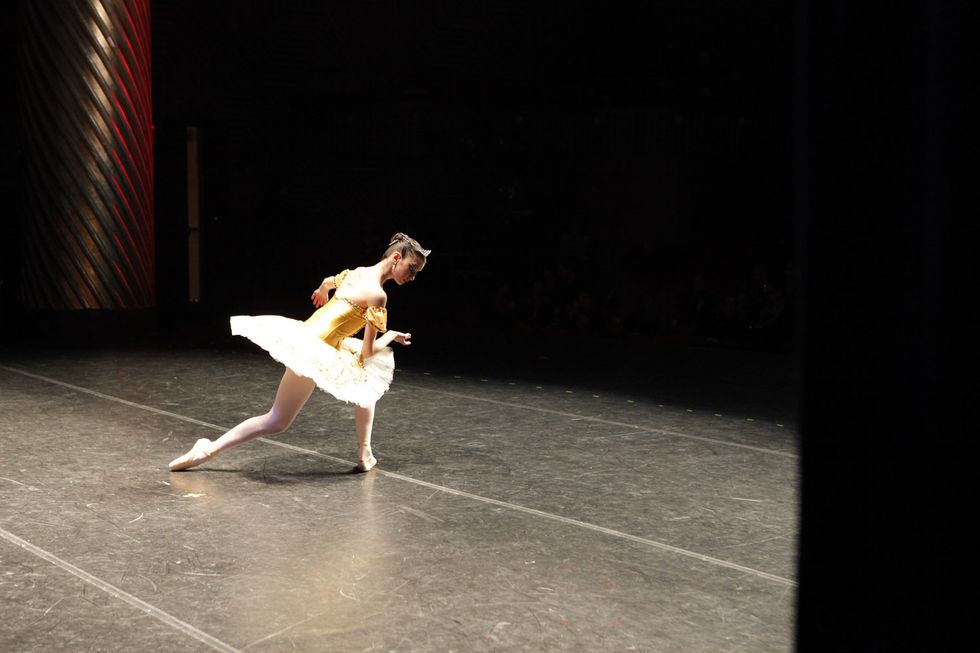
The right goal can make all the difference onstage. Photo by Rachel Papo for Pointe





